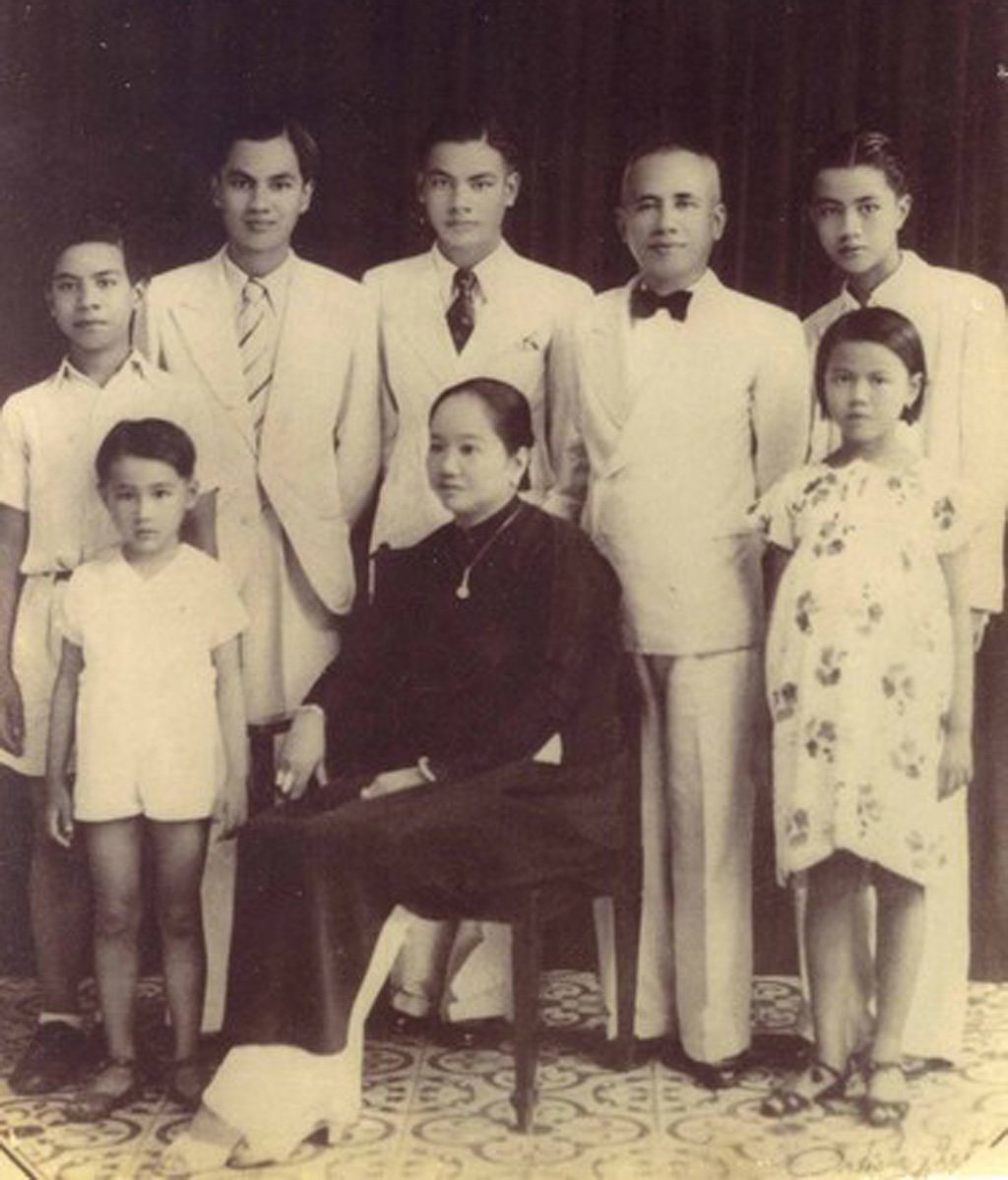 Mr. Truong Van Ben's family |
Truong Van Ben was born on October 10, the year of Giap Than, under King Ham Nghi (December 1884) in Cho Lon. He passed the first Brevet élémentaire (elementary college) exam organized by the French colonial government and was appointed to the position of Minister of Records.
In 1901, he left the French government and returned to his father's trade. At first, he sold peanuts, green beans, and sugar in a small shop located at 40 rue du Cambodge (now Kim Bien market, District 5).
In 1905, he opened an oil production and refining factory in Thu Duc. A year later, he opened a rice mill in Cho Lon and one in Rach Cac. In 1918, he opened another oil production facility in Cho Lon. This factory produced all kinds of oils from cooking oil, salad oil to coconut oil, castor oil, rubber oil and other oils used in industry. The newspaper Écho Annamite on February 23, 1922, published an advertisement for his oil products.
In his travelogue One Month in the South (1918), Mr. Pham Quynh wrote: “Mr. Truong Van Ben was a big industrialist in Cho Lon. The year before, he also went to see the fair in Hanoi and brought his car to pick up the Northern delegates to see his oil factory and rice factory in Cho Lon. Looking at the work he had built, which was so great, we felt excited and wished for more and more people like him in our country, so that we could take a big part in the country's economic field and escape the yoke of the Chinese in terms of technology and commerce.”
In the 1920s, he jumped into the agricultural sector. At first, he bought 300 hectares of rice fields in My Tho. A few years later, in 1925, he and some others founded the Thap Muoi Agricultural Company (Société Rizicolte du Thap Muoi). The company had more than 10,000 hectares and created jobs for thousands of employees in the Southwest region.
His important role in the development of agriculture, industry, and finance was highly appreciated in society. He was elected as a member of the Indochina Economic and Financial Council (Grand Conseil des Intérêts économiques et financiers de l'Indochine) in 1929. Through the detailed reports of the meetings of the general council published each year by the Government of the Governor-General of Indochina, we can see some events that demonstrate Truong Van Ben's spirit of protecting the people's welfare.
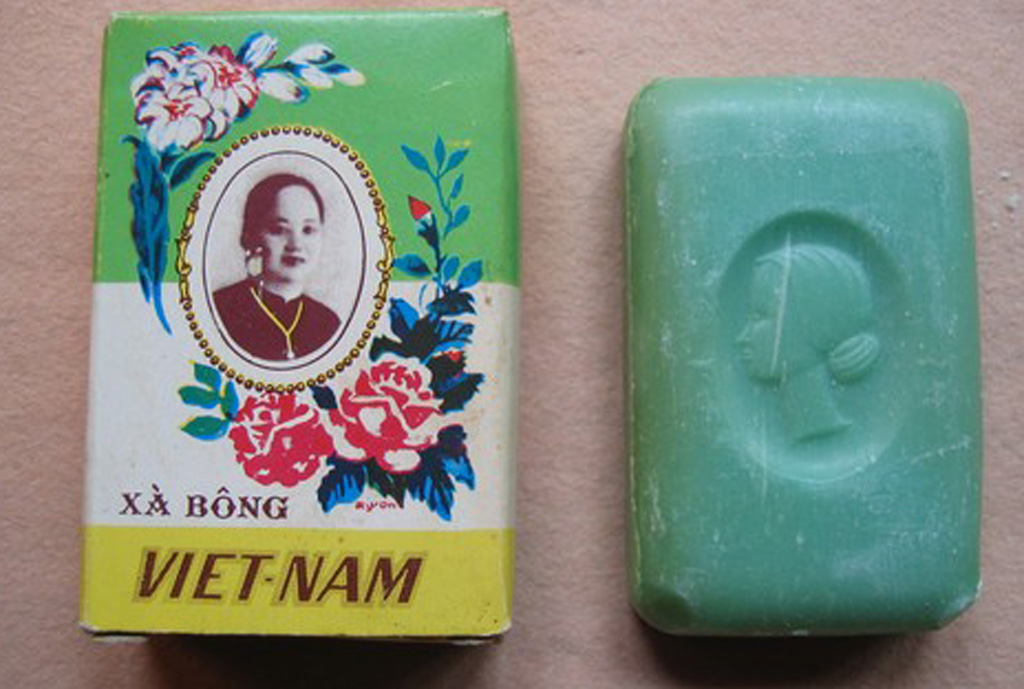 Soap "Miss Ba" |
"Miss Ba" soap
Since 1928, Truong Van Ben established a coconut oil factory in Cho Lon to produce cooking and industrial oils. Since 1932, he opened a factory to make soap from agricultural oils. At this time and before, most of the soap used domestically and in Indochina was imported from France.
His soap factory was located on Cambodge Street. His company was called Truong Van Ben and Sons - Oil and Soap of Vietnam ( Truong Van Ben & fils - Huilerie et Savonnerie Vietnam ). His oil factory in Cho Lon produced about 1,500 tons of coconut oil per month and Truong Van Ben Soap Company produced about 600 tons of soap and 10 tons of glycerine in 1943, during the difficult times in many countries due to World War II. This was the most important company producing oil and soap in the whole of Indochina.
His soaps are popular because of their good quality and affordable price, surpassing French Marseille soaps and are also widely used in Laos and Cambodia, exported to Hong Kong, New Caledonia and some African countries.
In his memoir, he wrote about the choice of soap product name: “I was looking for a catchy, easy-to-call, easy-to-remember name to name the soap but had not found one yet. In the North, the revolutionary movement of the Vietnamese Nationalist Party led by Nguyen Thai Hoc arose in many places and suffered a painful defeat. When the French executed them in Yen Bai, ten people, like one, before putting their heads into the guillotine, calmly shouted: “Long live Vietnam”, causing a heated public opinion in the country and the world. I did not miss this opportunity to quickly seize this incident, using the Vietnamese name for the soap, calling it Vietnam soap to express the patriotic fervor in the country. Vietnamese soap is made by Vietnamese people to make Vietnamese people, patriotic Vietnamese people must use Vietnamese products.”
Regarding the choice of symbol of Vietnamese soap, he used the image of a beautiful Vietnamese girl very typical of Southern folklore that consumers often called "Miss Ba". One of the rumors is that "Miss Ba" is the daughter of Mr. Thong Chanh in Tra Vinh, the most beautiful woman in the South in the early 20th century. According to the author Hua Hoanh's documents, that woman is actually his wife.
After 1948, Truong Van Ben lived in Paris. He wrote his memoirs in Paris and after his death, Phillipe Truong still kept this collection of his memoirs until now.
Source: https://thanhnien.vn/chuyen-it-biet-ve-sai-gon-xua-truong-van-ben-chi-huy-truong-ky-nghe-dau-tien-185582949.htm









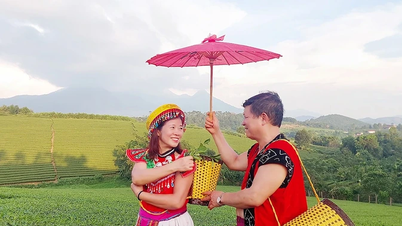

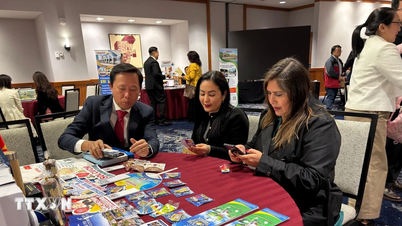

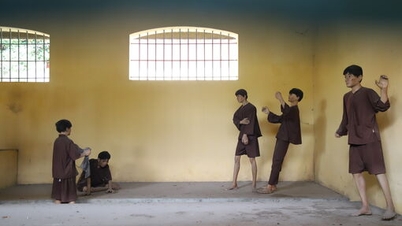

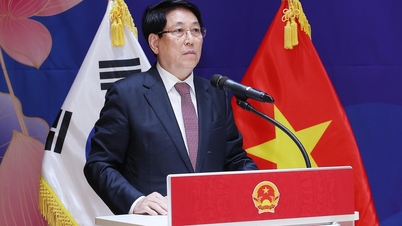
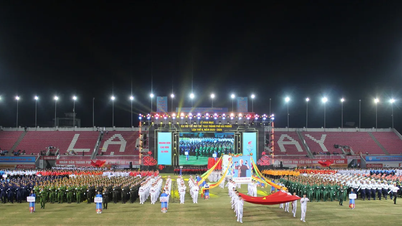


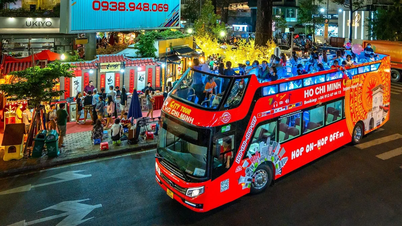

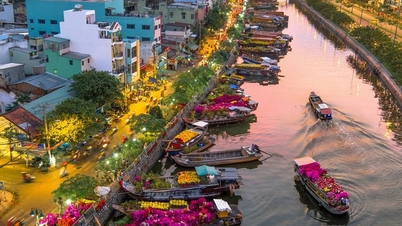



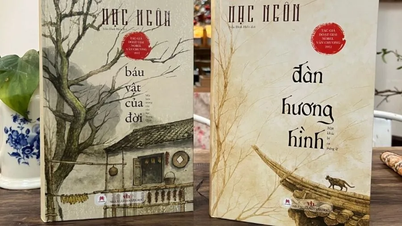




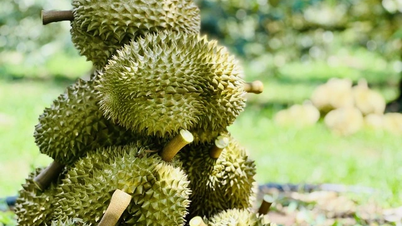
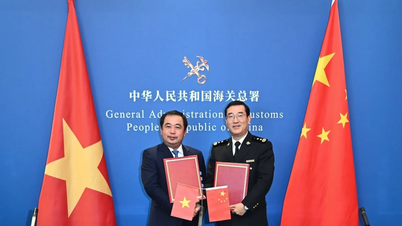

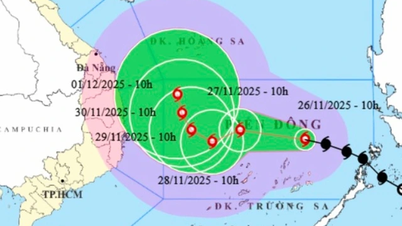
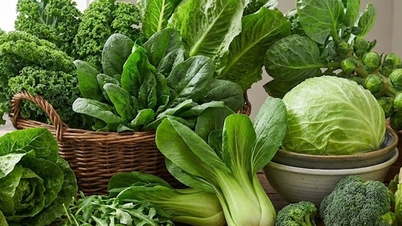



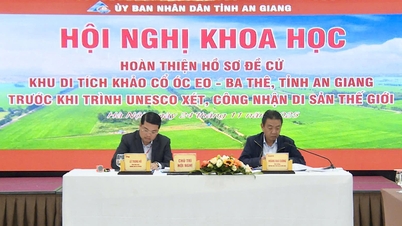


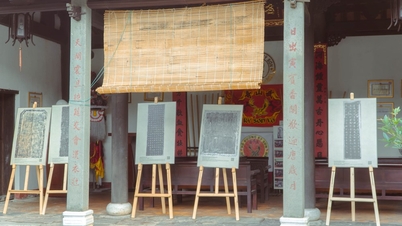
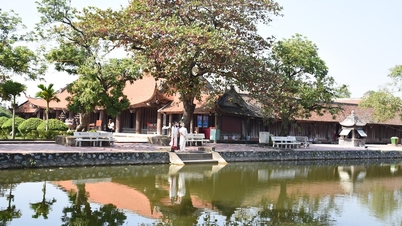


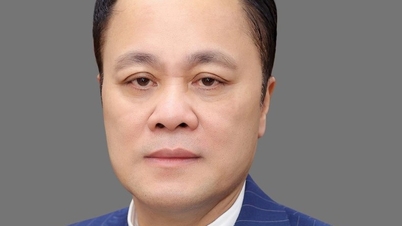
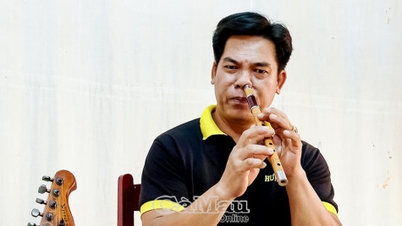

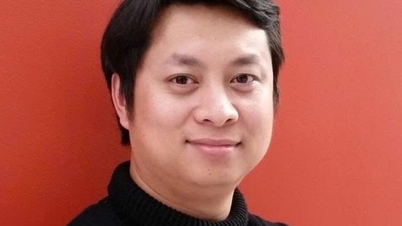

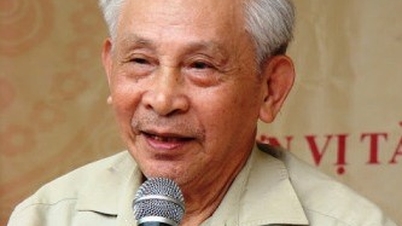

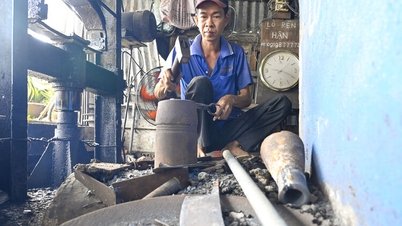

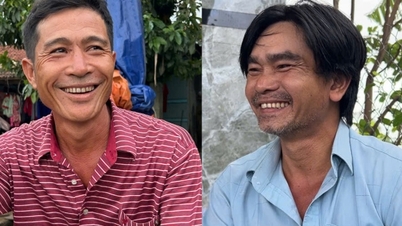

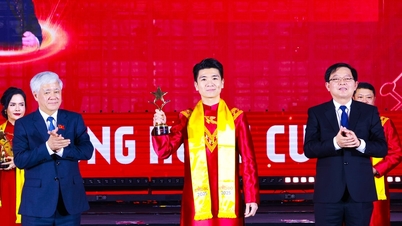














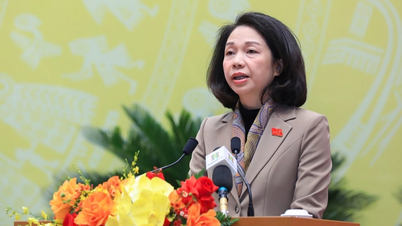

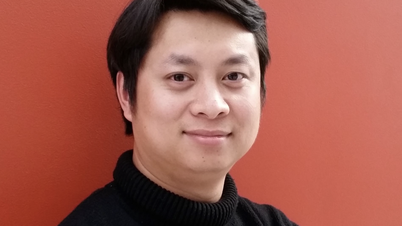


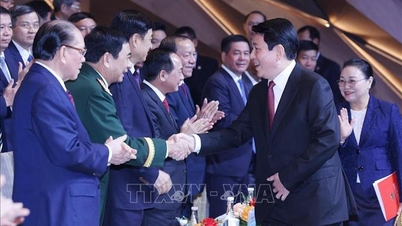
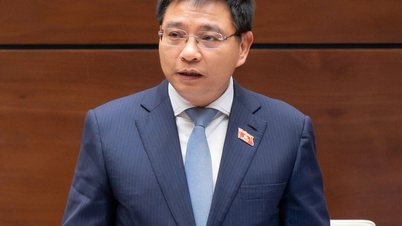


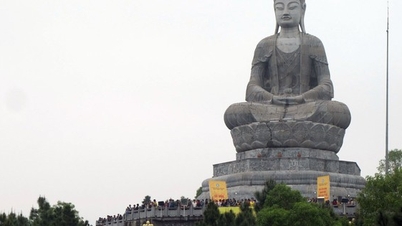
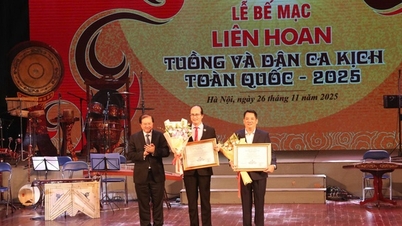


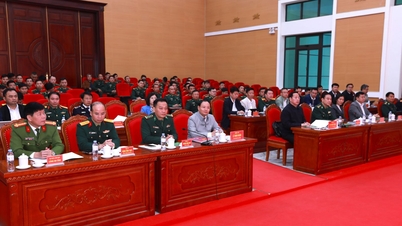
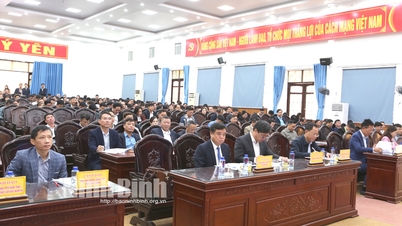

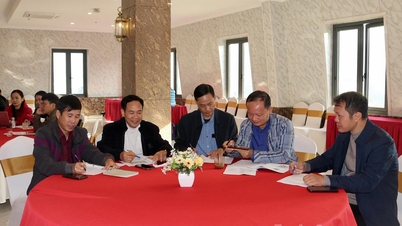

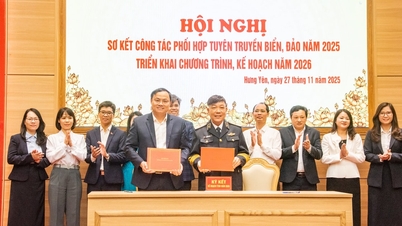

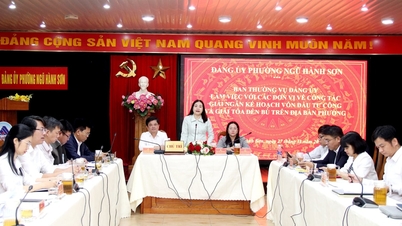
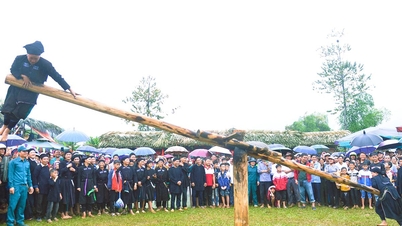












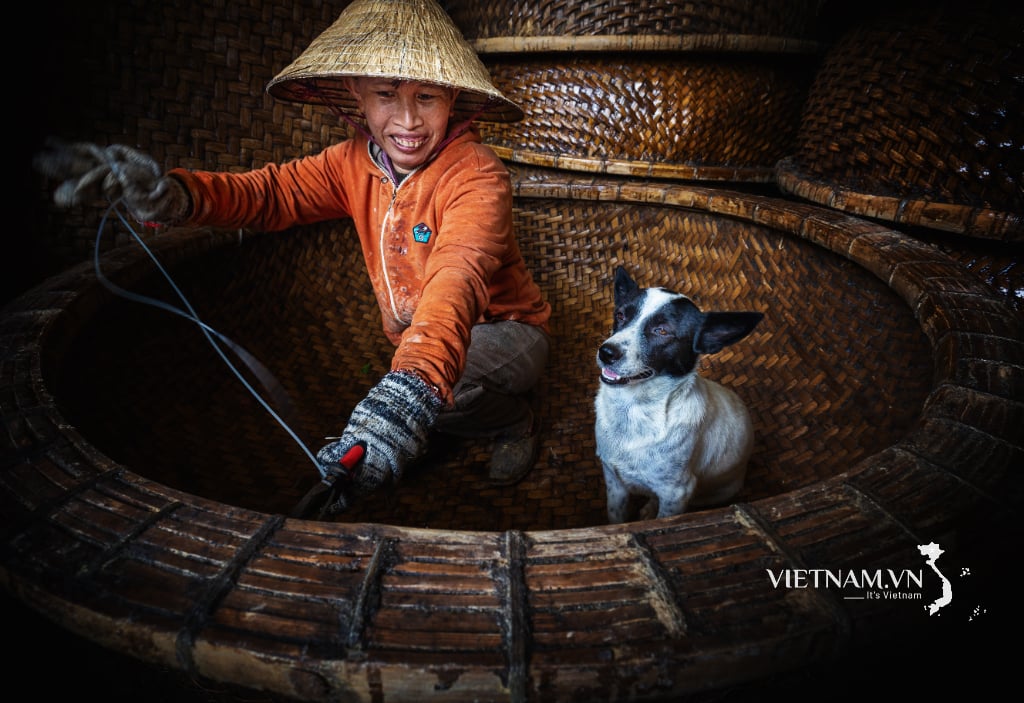
Comment (0)